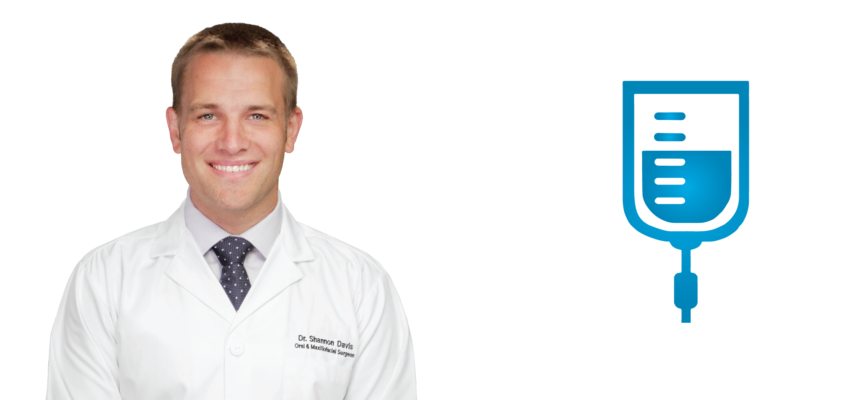Atlantic Oral Surgery & Dental Implant Centre has multiple forms of anesthesia to make your procedure as comfortable as possible. At our office in St. John’s, NL, one of our oral surgeons will review your situation and your preferences during a consultation appointment to help you find the anesthesia option that will best complement your procedure and comfort level.
When it comes to administering anesthesia, oral and maxillofacial surgeons have the highest licensure and training of any dental professional. During their training, they work alongside professional anesthesiologists to understand the different types of anesthesia. Our office is equipped with advanced monitoring equipment to ensure your safety.
Types of Anesthesia for Oral Surgery
Depending on your health history, preferences, and the procedure you are having, you will likely receive one or more of the following types of anesthesia:
Local anesthesia is used in most dental and facial procedures to numb the area of surgery. If you receive a local anesthetic only, you will remain awake during your procedure, but you will not feel any pain in the area that the anesthetic was administered. You will be able to drive yourself home once your procedure is finished.
Nitrous oxide is administered orally through a breathing apparatus. Patients who are especially anxious about dental procedures often feel more relaxed if they choose to have nitrous oxide administered before their procedure. Nitrous oxide can also help control pain to some extent, but usually, it will be given in conjunction with local anesthesia.
IV sedation is generally for more involved or lengthy procedures. It is administered through an intravenous line, which will be applied by your surgeon or another qualified specialist. IV sedation/anesthetic allows patients to go into a sleep-like state throughout the procedure and wake up once everything is finished. Most patients find that when they receive IV sedation, their procedure is over before they even know it has begun. You will need to be driven home by a responsible adult after your surgery is over.
General anesthesia is usually reserved for more extensive procedures. Most of the time, it is used for hospital-based procedures such as serious facial or dental surgeries. You will need a responsible driver to bring you home after your procedure.
Anesthesia and Sedation at Atlantic Oral Surgery & Dental Implant Centre
Our staff is committed to making you feel as comfortable as possible for your procedures at our practice. You will be given complete instructions on how to prepare for your procedure well before your surgery date. In general, local anesthesia alone requires little to no preparation, and you may eat a light meal before your procedure. IV and general anesthesia have more extensive guidelines, and you may not consume any foods or liquids for at least six hours prior to your surgery. If you have any questions about your procedure after reviewing your instructions, give us a call, and our staff members will be happy to help you.
